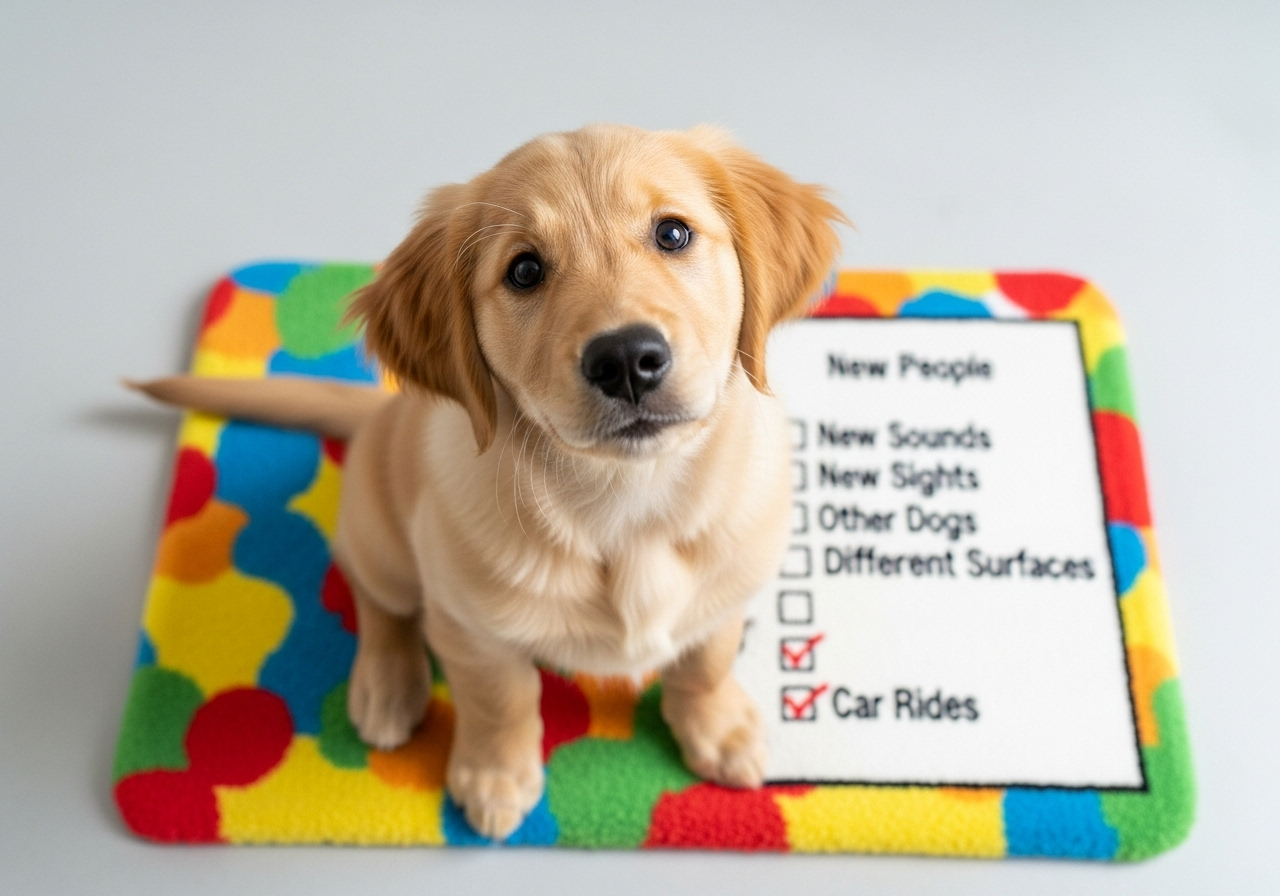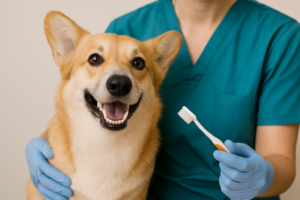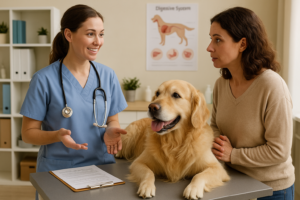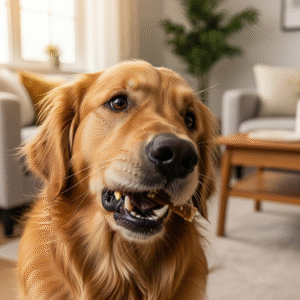Medical Disclaimer: This article is for informational purposes only and does not constitute medical advice. Please consult with your veterinarian for any health concerns regarding your puppy.
Table of Contents
Bringing a new puppy home is an incredibly exciting time, filled with cuddles and playful chaos. But as a vet, I know it also comes with a big responsibility. You’re not just raising a pet; you’re shaping a future family member, and the next few weeks are more critical than you might think.
Key Takeaways
- The Critical Window: The most important time for puppy socialization is between 3 and 16 weeks of age. Experiences during this period have a lifelong impact on your dog’s confidence and behaviour.
- Positive Experiences are Key: The goal is to create positive, gentle, and controlled exposures to new sights, sounds, people, and other animals. Every interaction on your puppy socialization checklist should be a good one.
- Vaccination vs. Socialization: Don’t wait for all vaccines to be complete before starting. According to the American Veterinary Society of Animal Behavior (AVSAB), the risk of developing serious behaviour problems from a lack of socialization is far greater than the risk of disease in a partially vaccinated puppy.
- Quality Over Quantity: Avoid overwhelming your puppy. Short, frequent, and positive sessions are much more effective than long, stressful outings. Always let your puppy choose to engage and never force an interaction.
Why is Early Puppy Socialization So Critical?
You can also visit: https://doglifeexpert.com/dog-chewing-furniture-7-steps-for-your-dog/
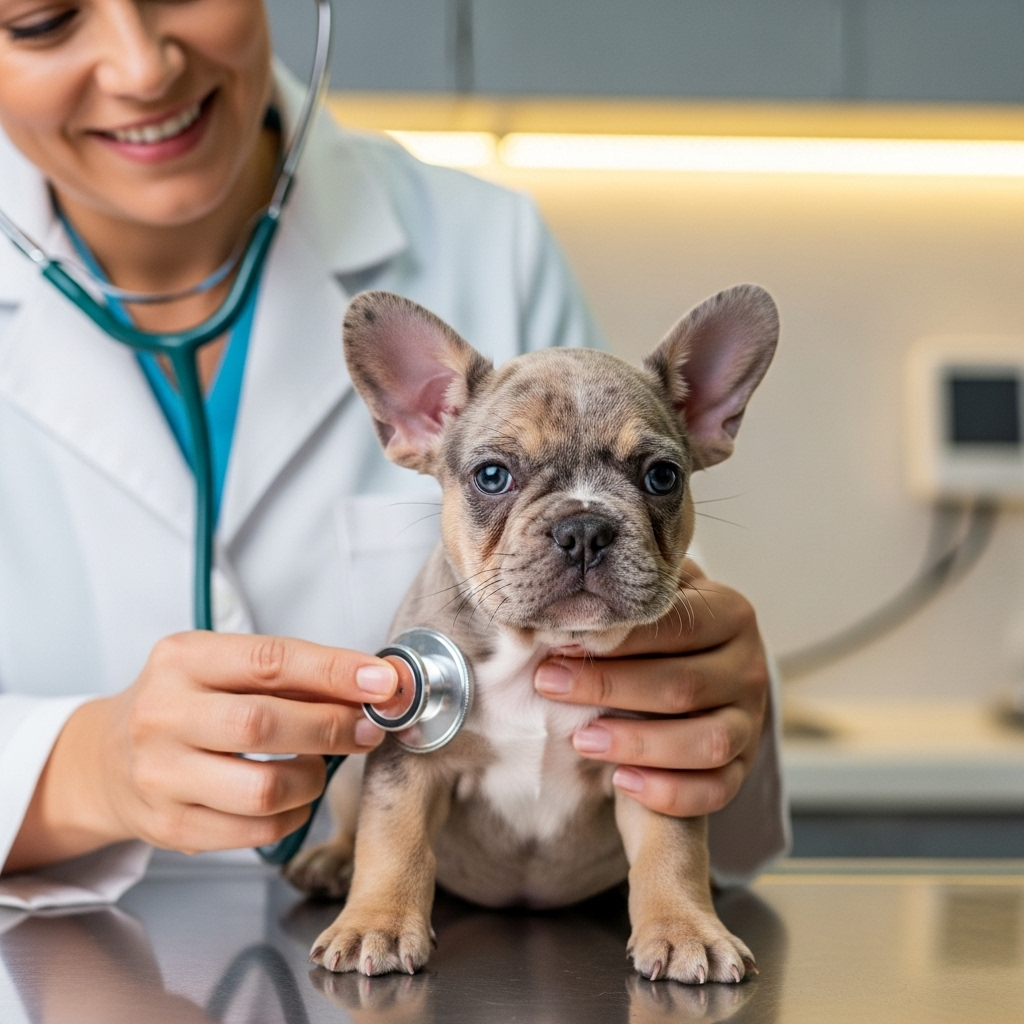
Puppy socialization is the process of gently exposing your young dog to a wide variety of new experiences, including people, places, sounds, and other animals. The goal is to help them learn that the world is a safe, fun place, not something to be feared. Proper socialization helps prevent the development of fear, anxiety, and aggression-related behaviours down the road.
I once treated a wonderful German Shepherd named Max, who was terrified of men with hats. His owner recalled that as a puppy, he’d had a scary encounter with a delivery person. That single negative event, which happened during his sensitive developmental period, stuck with him for life. This is a classic example of why a well-managed puppy socialization checklist is so important it builds a foundation of positive experiences that can help puppies better cope with the unexpected.
The Science Behind the Socialization Window (3 to 16 Weeks)
There’s a well-documented reason why vets are so insistent about this topic. The primary socialization period for puppies occurs from approximately 3 to 16 weeks of age. During this time, a puppy’s brain is like a sponge, soaking up information about what is safe and what is dangerous. According to the Merck Veterinary Manual, this is the phase when puppies are most open to new things,s and their social curiosity outweighs their natural fear.
Positive exposures during this window help puppies develop into well-adjusted, confident adult dogs. Think of it as building a library of “safe” experiences in their mind. The more positive entries they have, the less likely they are to react with fear when they encounter something new later in life.
The Lifelong Impact of Missing This Crucial Window
Failing to provide adequate socialization during this period can have lasting consequences. Research published in the Journal of the American Veterinary Medical Association highlights that early life experiences are critical for healthy social development in puppies. Pups who miss out on these opportunities are more likely to grow into fearful or anxious adults. This can lead to significant behavioural problems, which are sadly one of the leading reasons dogs are surrendered to shelters. A thorough puppy socialization checklist isn’t just a “nice-to-have,” it’s a vital part of preventative behavioural medicine.
Your Essential Puppy Socialization Checklist: 20 Experiences Before 16 Weeks
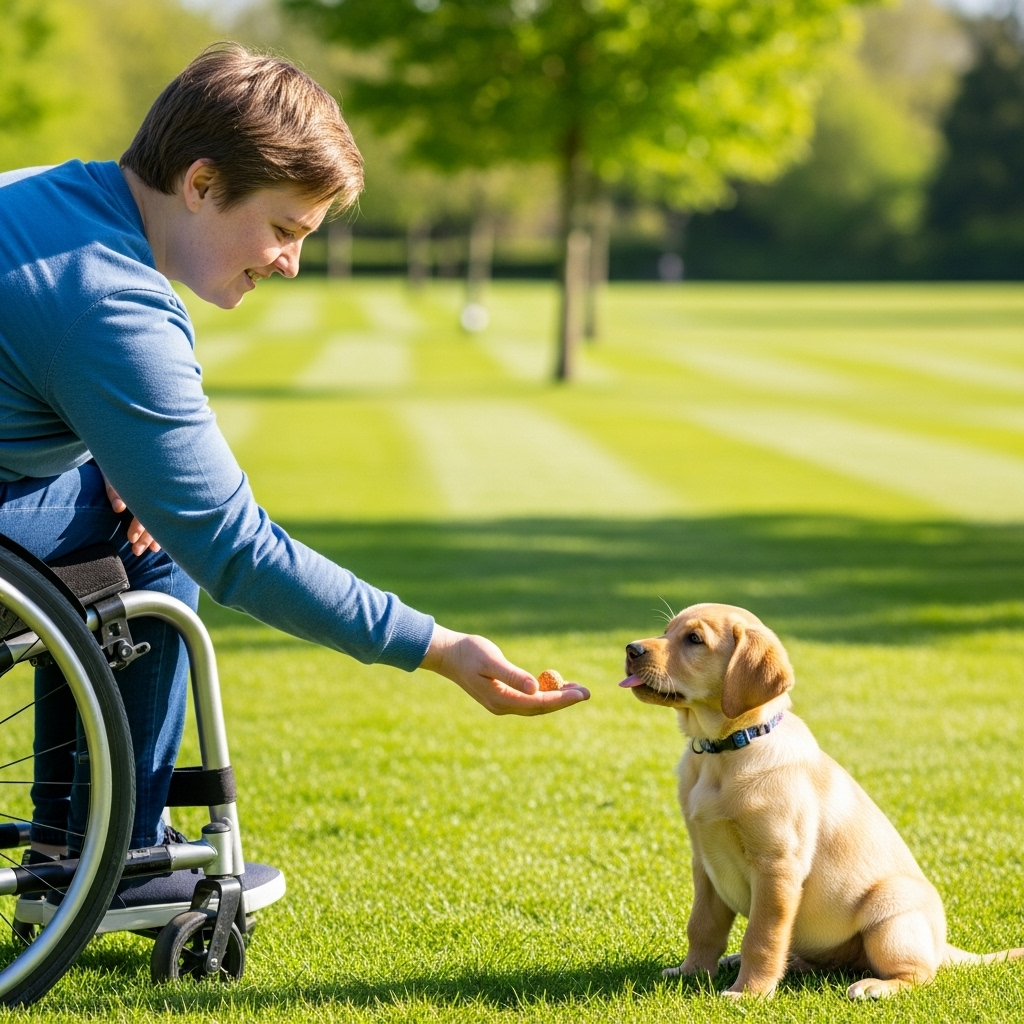
Your mission is to introduce your puppy to a wide variety of experiences in a positive way. Use lots of tasty treats, praise, and keep sessions short and sweet! Here is a comprehensive puppy socialization checklist to guide you.
People of All Shapes and Sizes
Your puppy needs to learn that humans come in all forms. Aim for positive, calm interactions with:
- People wearing hats or sunglasses.
- People with beards.
- Individuals using canes, walkers, or wheelchairs.
- Polite supervised children of various ages.
- People of different ethnicities.
A Symphony of Sounds
Help your puppy become accustomed to everyday noises so they don’t become a source of anxiety:
6. The vacuum cleaner (start with it off, then far away and on).
7. The doorbell and knocking.
8. Traffic noises from a safe distance.
9. Sounds of a washing machine or dishwasher.
10. Recorded sounds of fireworks or thunderstorms played at a very low volume, gradually increased over time.
Exploring New Environments and Surfaces
The world is full of different textures and places. Let them explore:
11. Different surfaces like grass, pavement, carpet, and sand.
12. A quiet, pet-friendly store (in a carrier or cart before fully vaccinated).
13. A friend’s house that is clean and safe.
14. Walking on wobbly but safe surfaces, like a cushion on the floor.
Safe and Positive Dog-to-Dog Interactions
- Interactions should only be with known, healthy, and well-behaved adult dogs and other puppies in a controlled setting, like a well-run puppy class. Avoid dog parks until they are much older and fully vaccinated.
Gentle Handling and Grooming Practice
- Gently touch their paws, ears, and mouth every day. This prepares them for vet exams and grooming. As noted in the Saunders Manual of Small Animal Practice, getting puppies comfortable with handling early makes future veterinary care significantly less stressful for everyone involved.
- Introduce a soft brush for short, happy grooming sessions.
Creating Positive Car Travel Experiences
- Start with short car rides to fun places, like a quiet park or a friend’s house, not just the vet. Ensure they are safely secured in a crate or harness.
Confidence with Household Objects
- Positive introductions to everyday items like umbrellas opening, plastic bags rustling, and brooms.
Making Vet Visits Fun
- Schedule a few “happy visits” to the vet clinic where your puppy just goes in for a treat and a friendly pat from the staff, with no examination or needles. This helps build a positive association with the clinic.
A Vet’s Perspective: Common Socialization Mistakes to Avoid
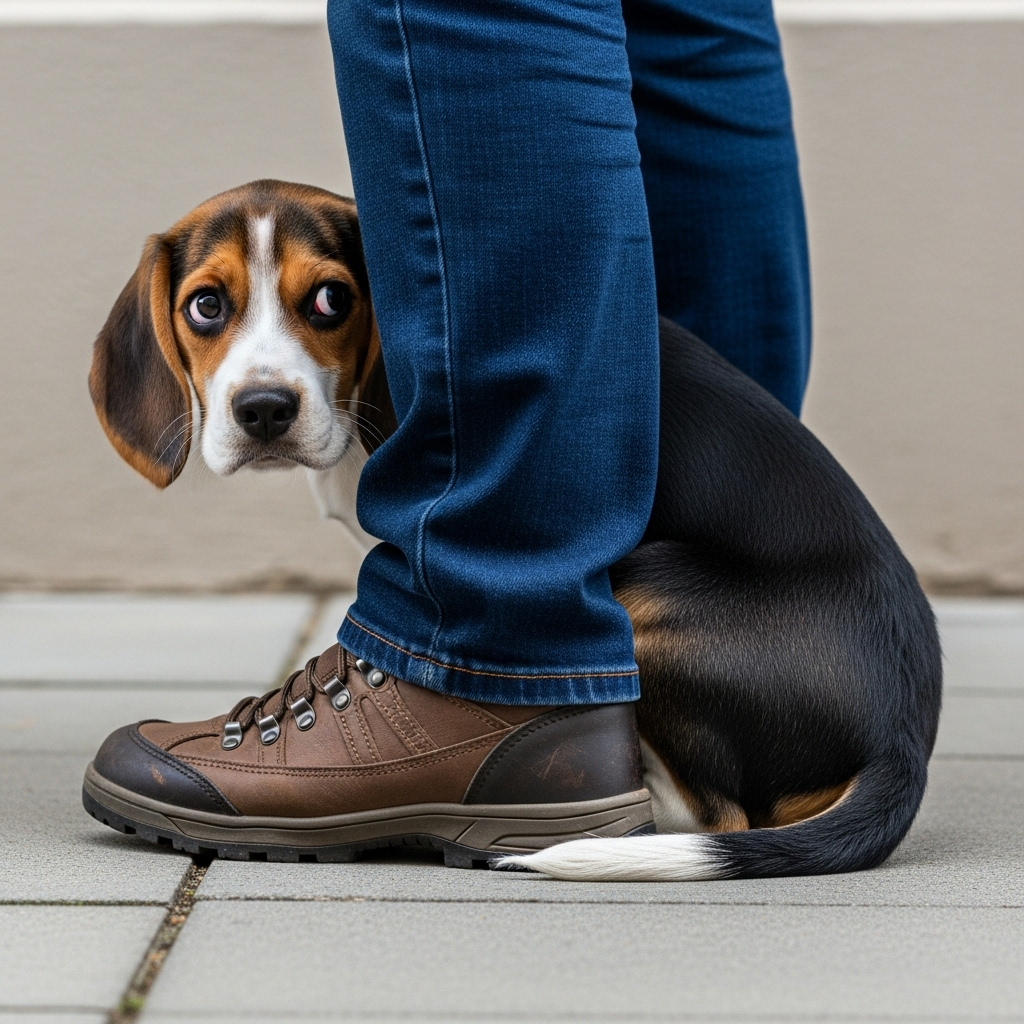
Executing a puppy socialization checklist is about quality, not just quantity. In my Ottawa clinic, I often see well-meaning owners make a few common mistakes that can unfortunately do more harm than good.
Overwhelming Your Puppy vs. Gentle Exposure
The goal is gentle, positive exposure, not flooding. Forcing a shy puppy into a loud, crowded environment will teach them that new things are terrifying, not fun. A successful puppy socialization checklist involves watching your puppy and ending the session on a positive note before they get overwhelmed.
How to Read Your Puppy’s Body Language
Learning to read your puppy’s cues is crucial. According to Blackwell’s Five-Minute Veterinary Consult: Canine and Feline, signs of stress or fear in a puppy include a tucked tail, flattened ears, lip licking, yawning when not tired, and showing the whites of their eyes (“whale eye”). If you see these signs, calmly remove your puppy from the situation.
The Dangers of Forcing Interactions
Never force your puppy to interact with a person or dog if they are hesitant. Let them approach at their own pace. Forcing them can break their trust in you and intensify their fear. The best puppy socialization checklist is one that respects the puppy’s comfort level.
The Vaccination vs. Socialization Dilemma
This is the most common concern I hear from new puppy owners. The fear of infectious diseases like parvovirus is valid. However, leading veterinary behaviourists agree that the risks of behavioural problems from poor socialization are much higher. The American Veterinary Society of Animal Behavior (AVSAB) states that puppies can and should start socialization classes as early as 7-8 weeks of age, as long as they have had their first set of vaccines and are kept up-to-date. The key is to choose safe environments and known, healthy dogs.
At-Home Socialization: A 5-Minute Daily Checklist
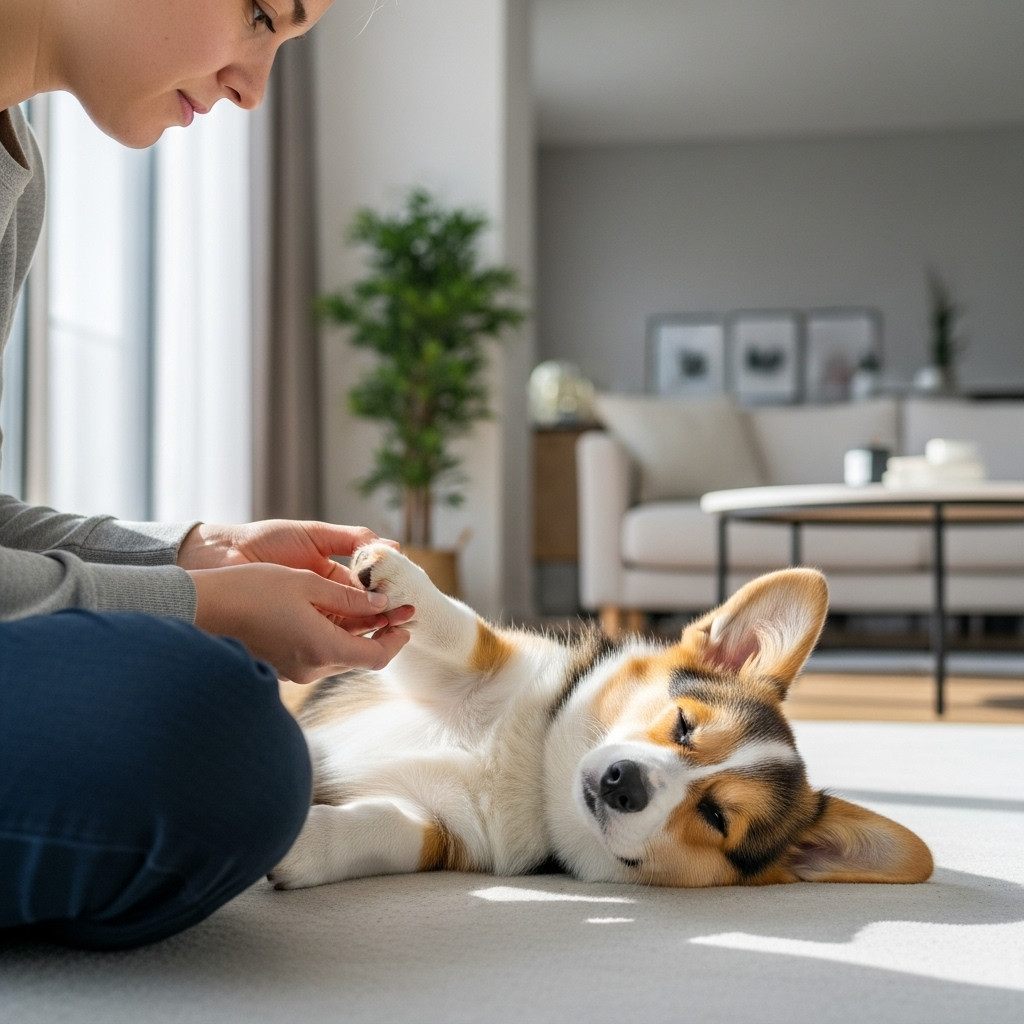
Even on days you can’t go out, you can work on your puppy socialization checklist at home. Spend five minutes on these activities:
- Handling: Gently touch your puppy’s paws, look in their ears, and lift their lips to check their gums. This handling exercise is a critical part of your puppy socialization checklist. Reward with a treat.
- Sound Exposure: Play a new sound from your phone (e.g., a siren, a baby crying) at a very low volume while they eat or play.
- Object Interaction: Place a novel object (like a cardboard box or a laundry basket) in the middle of the room and let them investigate it on their terms, rewarding curiosity. A good puppy socialization checklist always includes building confidence with everyday items.
- Dress-Up: Put on a hat, sunglasses, or a bulky coat for a minute to show them that different human appearances are normal.
- Surface Fun: Lay a different textured mat or a crinkly piece of paper on the floor and encourage them to walk over it. This simple activity rounds out your daily at-home puppy socialization checklist perfectly.
The Cost of Puppy Socialization in Canada
Investing in proper socialization early can save you significant money and heartache on behavioural consultations later. Here’s a rough idea of typical costs in Canada:
| Service/Item | Estimated Cost (CAD) | Purpose |
| Puppy Socialization Class | $150 – $350 for a 4-6 week course | Structured, safe socialization and basic training. |
| High-Value Training Treats | $15 – $30 per month | To create positive associations. |
| Enrichment Toys (Puzzles, etc.) | $20 – $50 (one-time) | Builds confidence and problem-solving skills. |
| “Happy” Vet Visits | Usually Free | Builds a positive association with the clinic. |
Frequently Asked Questions (FAQs)
Can you over-socialize a puppy?
Yes, but it’s not about too many experiences; it’s about too much intensity. “Over-socializing” usually means overwhelming a puppy by putting them in situations that are too long or too scary. This is why following your puppy’s cues and keeping things short and positive is the most important part of any puppy socialization checklist.
Is my puppy a lost cause if they’re older than 16 weeks?
Not! While the 3-16 week window is optimal, socialization is a lifelong process. For older puppies or adult dogs, the approach is the same positive, gradual exposure to new things, but it will likely take more time and patience.
How should I socialize a puppy that seems scared of everything?
For a very fearful puppy, the puppy socialization checklist needs to be broken down into tiny steps. Start at a distance where your puppy notices the “scary” thing but isn’t reacting fearfully. Reward them with high-value treats for just looking at it calmly. This process, called desensitization and counter-conditioning, is powerful but can be tricky. I highly recommend working with a certified professional trainer or veterinary behaviourist.
Are dog parks a good idea for my puppy socialization checklist?
No, dog parks are not recommended for young puppies. They are uncontrolled environments where your puppy could have a negative experience with an adult dog, which could be traumatizing. Stick to well-run puppy classes and one-on-one playdates with calm, vaccinated adult dogs you know and trust.
Conclusion: Building a Lifetime of Confidence, One Paw at a Time
Completing a puppy socialization checklist before 16 weeks is one of the greatest gifts you can give your new companion. It’s an investment of time and effort that pays dividends for the rest of your dog’s life, shaping them into a resilient, friendly, and well-behaved member of your family and community. Remember to keep it positive, go at your puppy’s pace, and enjoy the incredible journey of watching them discover their world with confidence and joy.

